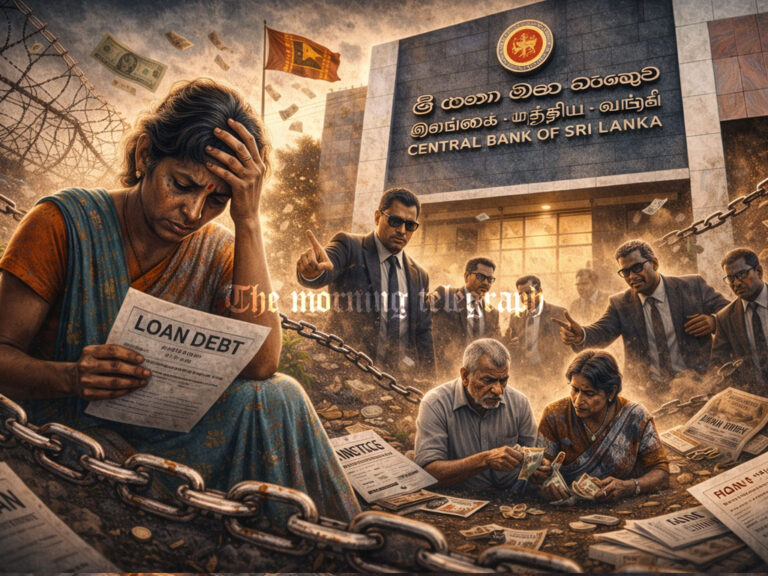
The recent Elpitiya local council election has unveiled significant underlying factors that shape Sri Lanka’s political scene ahead of the 2024 parliamentary elections. While election observers and commentators have mainly focused on surface-level outcomes, deeper issues such as local dynamics, candidate influence, caste considerations, and strategic electoral maneuvers have played crucial roles in the results.
The election revealed a challenging environment for the JVP, struggling to win 17 divisions. Local influences, such as the impact of Amila Kariyawasam and the caste factor, were pivotal in shaping voter behavior. The independent candidates contesting under the “television” symbol emerged as formidable competitors, securing seats due to a disconnect between traditional party loyalties and grassroots appeal. In Avittha and Pagela, young and talented independent candidates secured victories despite limited backing from major party leaders.
Unofficial voter transportation emerged as a significant factor on election day, with some parties allegedly using vehicles to transport voters to polling stations systematically, influencing the final results.
For the Sri Lanka Podujana Peramuna (SLPP), the election highlighted ongoing internal divisions and declining support. The party’s vote share fell from 27.35% in the previous presidential election to 21.83% in this local government vote, reflecting a weakening voter base. The SLPP’s performance was disappointing, as they placed third in three divisions and fourth in another, signaling potential difficulties in the upcoming general election.
The National People’s Power, too, saw a slight erosion in support, with their vote share dipping from 49.37% to 47.64%. This decline suggests that voter enthusiasm from the opposition phase hasn’t fully translated into sustained support while in government.
Caste dynamics played an undeniable role, particularly in divisions dominated by the Karava caste, where results deviated from the overall outcome. This highlights the continuing relevance of caste in Sri Lankan politics, despite public efforts to minimize its influence.
The Sri Lanka Freedom Party (SLFP) suffered from the absence of key figures such as Maithripala Sirisena and Dayasiri Jayasekara, which diminished its electoral impact. Local leaders like Amila Kariyawasam, who helped secure votes for the chair, proved the importance of individual influence over traditional party lines.
The United National Party-Samagi Jana Balawegaya (UNP-SJB) coalition experienced further decline, dropping from seven seats in 2019 to six in this election, indicating a weakening of their electoral foundation.
The Elpitiya results emphasize the importance of grassroots organizational strength as a deciding factor for the upcoming general election. The election serves as a snapshot of Sri Lanka’s broader political landscape, where parties must address local issues and strengthen their networks to secure victory.
Ultimately, the Elpitiya election results underline the evolving dynamics in Sri Lanka’s politics, suggesting that parties need more sophisticated and community-centered approaches to succeed in the forthcoming national elections.




